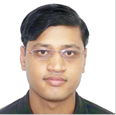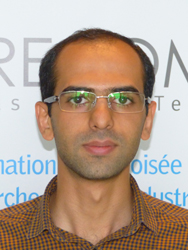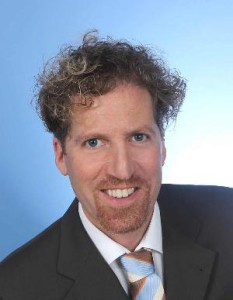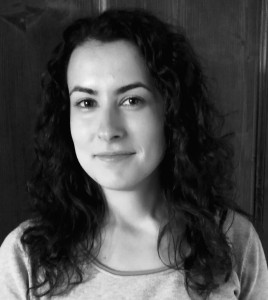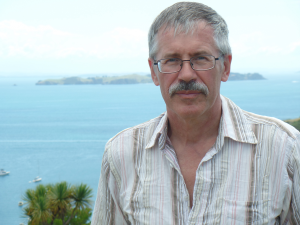The review of the TEWI colloquium of Karel Perutka from June 13, 2018 comprises the slides (below) and video here.
Abstract
The main idea of this strategy is based on the essential textbook of pedagogy Orbis sensualium pictus which was written according to Komenský’s belief that the school should be a game. It was first published in Nürnberg in 1658. He believed, contrary to the teaching practices at the time, that the pupils should be able to teach learned matter not only to renounce mechanically but to understand what they were learning. He, therefore, provided a textbook with some illustrations so that it would be captivating for the children. It was about biology (living and inanimate nature), theology and man, something that can now be called the foundations of social sciences.
Modern times have brought new opportunities to implement this strategy.
For example, using simple computer games for practicing and verifying the student’s knowledge. During the lecture, several computer games created for this purpose will be presented. Games are primarily designed to teach automation and programming in MATLAB software at university.
They are created in the way that the data about the matter are read from an external file. This file is enough to be edited and used for any subject of the study program. In the lecture, there will also be introduced several electronic aids facilitating the teaching of work with graphics programs and programs in the office at secondary schools in the Czech Republic. All these games and utilities were rated by students using questionnaires after the completion of the courses, and these results will be presented, too.
Bio
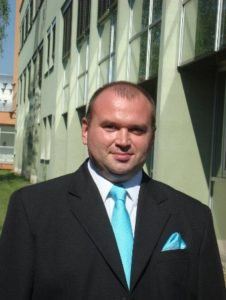 Karel Perutka received his Ph.D. degree in 2007 at Tomas Bata University in Zlin, Faculty of Applied Informatics, Czech Republic, where he is the senior lecturer. Technical Cybernetics was the principal branch of his first research. Karel Perutka was the editor of the book about MATLAB (http://www.intechopen.com/books/matlab-for-engineers-applications-in-control-electrical-engineering-it-and-robotics), the author of one monograph about MATLAB, several book chapters about MATLAB and control theory, and author or co-author of more than 80 papers in the conference proceedings. He is a member of the organizing and reviewing committees of several conferences. He lead more 100 Bachelor and Master Theses.
Karel Perutka received his Ph.D. degree in 2007 at Tomas Bata University in Zlin, Faculty of Applied Informatics, Czech Republic, where he is the senior lecturer. Technical Cybernetics was the principal branch of his first research. Karel Perutka was the editor of the book about MATLAB (http://www.intechopen.com/books/matlab-for-engineers-applications-in-control-electrical-engineering-it-and-robotics), the author of one monograph about MATLAB, several book chapters about MATLAB and control theory, and author or co-author of more than 80 papers in the conference proceedings. He is a member of the organizing and reviewing committees of several conferences. He lead more 100 Bachelor and Master Theses.
Karel Perutka is teaching MATLAB programming, electronics, microelectronics, diagnosis of digital systems and modulations and demodulations of signals. He is the most popular teacher of curriculum IT for administrative studiesvoted by students where he teaches the software used in the office.
His main research interests are adaptive control, real-time control, control of multivariable systems, application of MATLAB and new methods of teaching programming and creating didactic aids for secondary schools, programming in C++ and VBA in MS Excel.
He is working on the topic Teaching and practicing the students knowledge using games for last 6 years. He lead the students of Master degree Teachers of Informatics for 6 years, he published 15 papers about this topic, created several teaching games and multimedia tools with the focus in the control theory, the computer graphics, the software in office.
He gave lectures at universities in Europe, mostly in Portugal where he visited ISEP Porto, IST Lisboa, UTAD Vila Real, UA Faro.
He speaks 4 foreign languages. Austria is his favorite country. He goes in Austria also for vacation every year.

